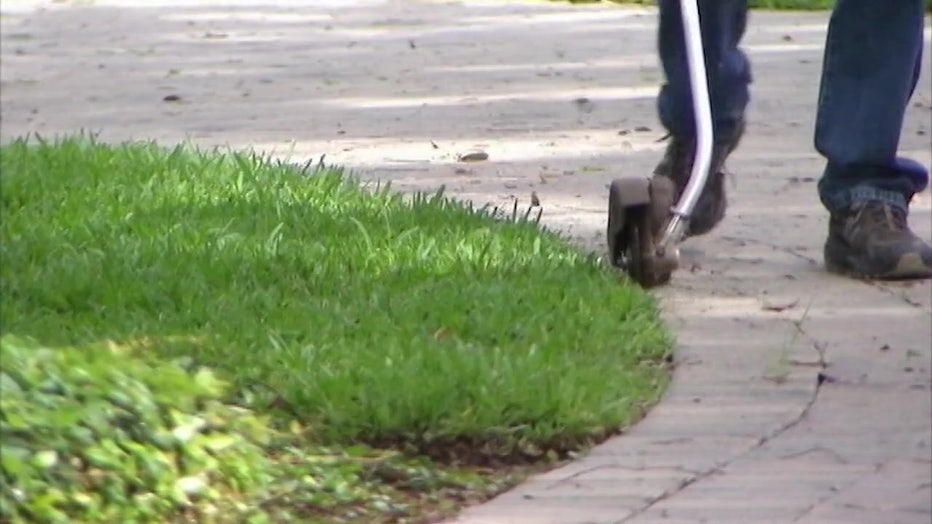Florida proposal would make it tougher for local governments to ban fertilizers during rainy season
TALLAHASSEE, Fla. - Over the weekend, Florida legislators added a new item to the state budget proposal that would block local governments from banning restrictions on fertilizer use during the rainy season.
Eve Samples, the executive director of the Friends of the Everglades organization, said the bans are designed to stop runoff that could potentially lead to algae blooms and red tide. The local ordinances are important tools for the health of the state's environment, she explained.
"These local fertilizer ordinances are some of the most effective things that we've done to respond to this pollution crisis in Florida," Samples said.
This comes as state lawmakers are looking to restrict fertilizer bans statewide. The current proposal will only apply to this year. The new language added to the $116 billion budget proposal "would prevent local governments for the next year from adopting fertilizer ordinances that have blackout dates," Samples explained.
READ: Florida Wildlife Corridor Foundation receives one of its largest financial gifts
Blackout dates include the rainy season from June 1 through Sept. 30. For example, in Hillsborough County, residents can't use nitrogen or phosphorous fertilizers because they can run off and lead to algae blooms. This would also impact counties like Pinellas, Sarasota and Manatee.

The plan would instead follow the University of Florida's fertilizer regulations, which are less strict. While it likely won't affect the local government's current fertilizer restrictions, it would block new ones.
"So, what the state legislature just did is not going to benefit our waters. In Florida, the only party that benefits are fertilizer companies that sell fertilizer," Samples offered.
MORE: Mote Marine Laboratory records earliest sea turtle nesting in program history
When asked, Florida Senate President Kathleen Passidomo indicated she's okay with the looser fertilizer restrictions because, based on their implementation, they would only be in effect for one year.
"I have comfort that it's in the implementing bill that it's only in effect for one year. Then, at that time, it just goes away," Passidomo said.

